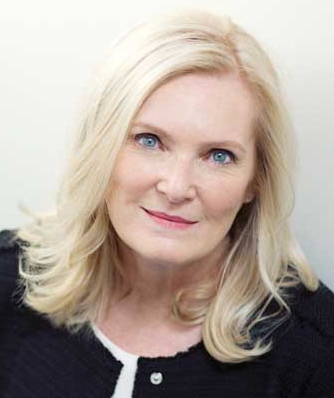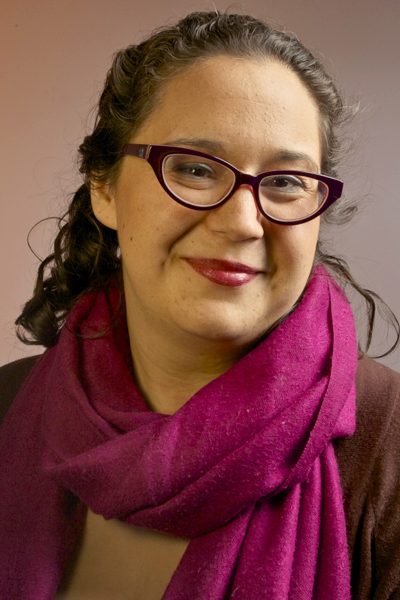TORONTO, Monday, Nov. 6, 2017 – In line with calls for Indigenous initiatives within post-secondary education in Canada, York University now has an Indigenous Framework that sets out 10 guiding principles to advance Indigeneity at the University.
The Framework will help answer calls for action and reconciliation as outlined in the Truth and Reconciliation Commission of Canada report, as well as other documents that came before.
The Indigenous Framework notes there are some 10,000 Indigenous students on waiting lists for post-secondary institutions across the country. In addition, the disparity in public school funding on First Nations reserves continues to limit the educational aspirations of Indigenous students. Less than 10 per cent of Indigenous people have a university education compared to the national rate of 27 per cent.
Led by York’s Indigenous Council, the work that went into creating the new Indigenous Framework, was the result of many cumulative efforts by Indigenous and non-Indigenous York community members.

Rhonda Lenton
“The Indigenous Framework is an exciting step forward in our shared commitment to reconciliation and to fostering stronger connections with and support for the Indigenous community at York and beyond,” said Rhonda Lenton, President and Vice-Chancellor of York University. “It is an important milestone in a continuing process that will see the 10 principles put into action. This new Framework speaks to the vision of a connected University and, more broadly, to the four pillars I believe are foundational to York’s success in the years ahead – excellence, access, connectedness and impact.”

Ruth Koleszar-Green
Toward that end, the Framework will be shared through a series of Community Engagement sessions in 2018, where community members can provide input toward developing strategies and initiatives across the University that will support the principles. The sessions will be organized into three themes: Teaching and Learning; Research; and Arts, History and Language.
To further community engagement and implementation of the principles, Lenton has appointed Assistant Professor Ruth Koleszar-Green of the Faculty of Liberal Arts and Professional Studies as her Special Advisor on Indigenous Initiatives. Koleszar-Green is from the Kanien'kehá:ka (Mohawk) nation, a member of the Turtle clan, and co-chair of the Indigenous Council at York.
“I am very honoured to accept this appointment as I see it as public declaration of commitment by President Lenton and senior administration in supporting and advancing Indigenous students, staff, and faculty," said Koleszar-Green. "The Indigenous Framework calls for an expansion of the Indigenous Council as it can play a pivotal role in helping to advance the University’s reconciliation and Indigeneity agenda and this appointment is in line to do just that.”
Integral to the Framework is the need to engage Indigenous communities inside and outside of York. Engaging Indigenous students, staff and faculty will help to enrich teaching and research, as well as all students’ learning experiences.
The Framework’s 10 principles are as follows:
- Expand the role of the Indigenous Council
- Increase the number of Indigenous faculty
- Enhance the recruitment and academic success of Indigenous students
- Expand Indigenous programming and curricular offerings which explore Indigenous life, cultures and traditions
- Facilitate research that is relevant to Indigenous life, and respects Indigenous approaches to knowledge and learning
- Engage with Indigenous communities to enrich the learning process
- Establish spaces for Indigenous cultures and community within the University
- Ensure that the perceptions and experiences of Indigenous community members are reflected in the classroom, on campus and in university life
- Develop and expand educational opportunities for Indigenous communities
- Ensure the process for developing, implementing and evaluating this Framework involves Indigenous community members both within and outside the University
-30-
York University is known for championing new ways of thinking that drive teaching and research excellence. Our students receive the education they need to create big ideas that make an impact on the world. Meaningful and sometimes unexpected careers result from cross-discipline programming, innovative course design and diverse experiential learning opportunities. York students and graduates push limits, achieve goals and find solutions to the world’s most pressing social challenges, empowered by a strong community that opens minds. York U is an internationally recognized research university – our 11 faculties and 26 research centres have partnerships with 200+ leading universities worldwide. Located in Toronto, York is the third largest university in Canada, with a strong community of 53,000 students, 7,000 faculty and administrative staff, and more than 295,000 alumni. York U's fully bilingual Glendon campus is home to Southern Ontario's Centre of Excellence for French Language and Bilingual Postsecondary Education.
Media Contact:
Sandra McLean, York University Media Relations, 416-736-2100 ext. 22097, sandramc@yorku.ca

